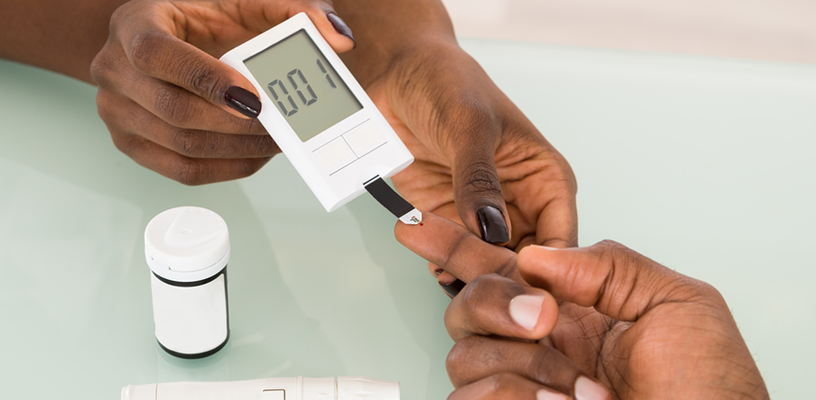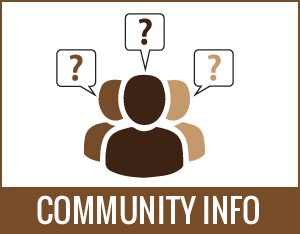
- By Lynne Mitchell
- Posted Thursday, December 29, 2016
Free Diabetes Prevention Program
The original Diabetes Prevention Program (DPP) was a research study funded by the National Institutes of Health (NIH) and supported by the Centers for Disease Control and Prevention (CDC). The results showed that making certain lifestyle changes and continuing them over time can prevent type 2 diabetes in people who are at risk.
More than 3,000 adults from 27 locations around the United States took part in this study. Everyone in the study had prediabetes. Prediabetes means that blood sugar is high but not yet high enough to be type 2 diabetes. Nearly half of the people in the study were African Americans, Hispanics, American Indians, Asians, or Pacific Islanders. People of these racial or ethnic groups are at high risk for type 2 diabetes. Also, this is a disease of aging and people older than 60 are at higher risk than younger people. Participants in the study had an average starting weight of 207 pounds.
Each person in the study was randomly assigned to one of three treatment groups:
- Group 1: The first group focused on lifestyle change losing weight and being more active without taking any medication.
- Group 2:The second group focused on treatment with medication and were given metformin. Metformin is a medication used to treat diabetes. The group did not focus on losing weight or being more active.
- Group 3:The last group focused on no treatment: These people were in the placebo group and got no medication and were not asked to change their lifestyle.
The groups were studied for about 3 years, and the results were remarkable! Participants in the lifestyle change group cut their risk for type 2 diabetes by 58%. And, for people over age 60 the results were even more dramatic as their risk of diabetes was cut by a whopping 71%. For the participants that took mediation only, they cut their risk for type 2 diabetes by 31%. Lastly, the placebo or “no treatment” group had no change in their risk for type 2 diabetes.
Prediabetes means your blood glucose (sugar) is higher than normal, but not yet diabetes. Diabetes is a serious disease that can cause heart attack, stroke, blindness, kidney failure, or loss of feet or legs. Type 2 diabetes can be delayed or prevented in people with prediabetes through effective lifestyle programs. Take the first step. Find out your risk for prediabetes. Click here to take the prediabetes screening test.
For information about enrolling in this program, contact Rodd Smith at smithra@forsyth.cc. or by calling 336-703-3260. Classes will begin no later than the first week of February 2017.






